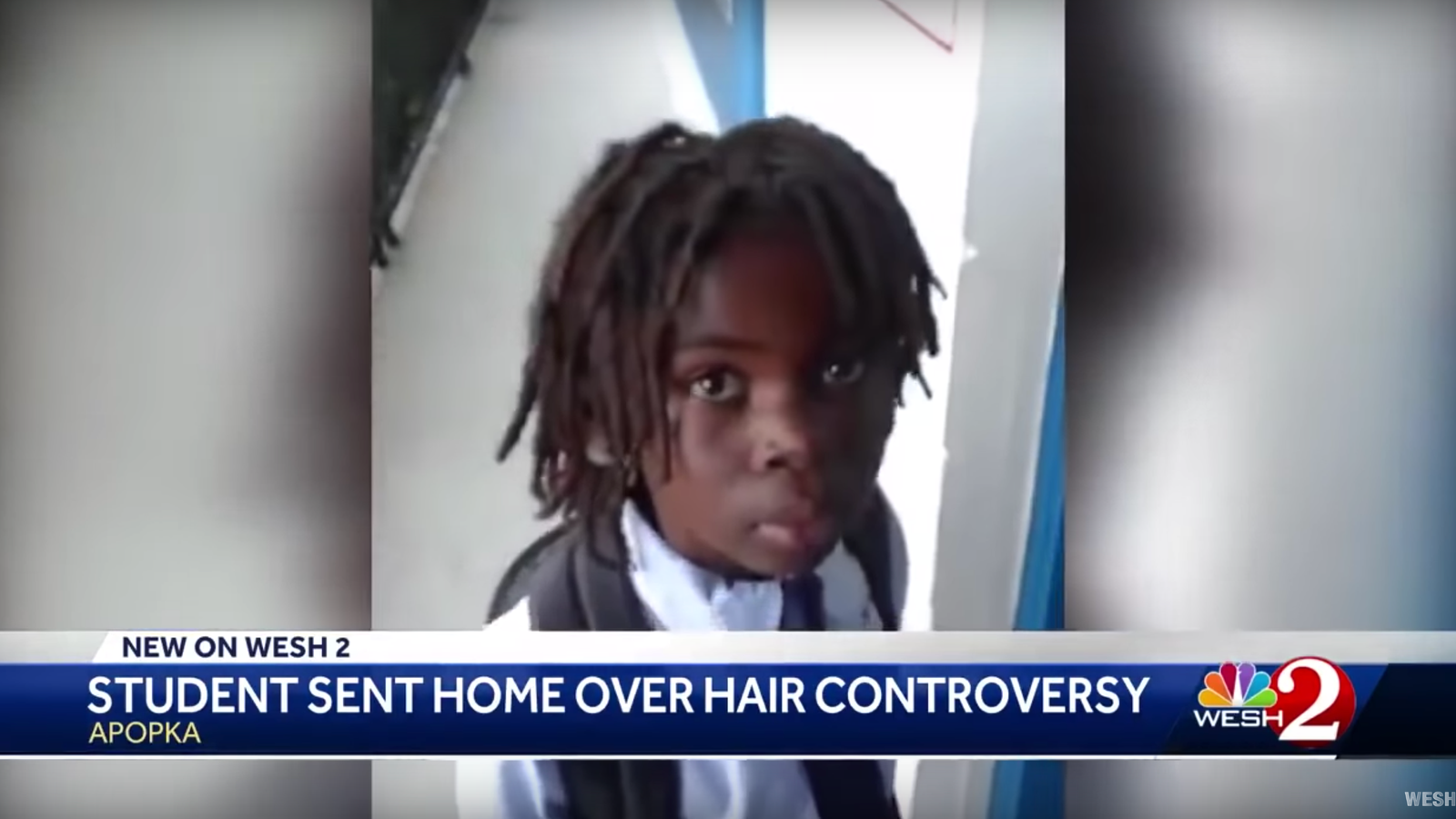Latinx LGBTQ Youth Report
In 2017, the Human Rights Campaign Foundation partnered with researchers at the University of Connecticut to conduct a groundbreaking survey of over 12,000 LGBTQ youth and capture their experiences in their families, schools, social circles and communities. More than 2,900 LGBTQ Latinx youth responded to the survey. This resource presents data collected from these Latinx youth, shedding light on their challenges and triumphs encountered while navigating multiple, intersecting identities.
Additionally, you can learn more about the intersectional challenges that LGBTQ Latinx Americans can face when coming out in HRC's Living Authentically as LGBTQ Latinx Americans.
Download the 2018 LGBTQ Latinx Youth Report or flip through the digital version below.
Latinx LGBTQ Youth Report | Human Rights Campaign













